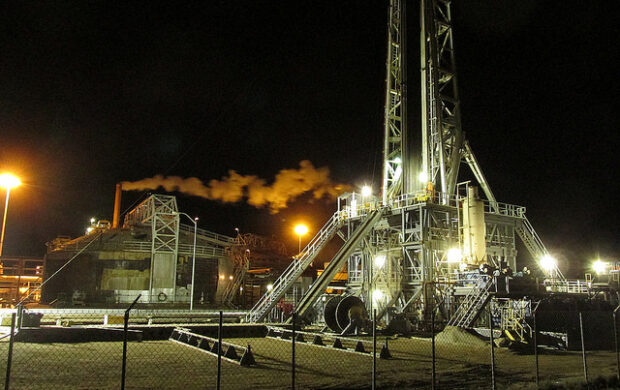A recent report by the International Labour Organisation has projected that heat stress caused by global warming will result in lost output that is equivalent to 80 million full-time jobs in 2030, or 2.2 per cent of total annual working hours worldwide. The two sectors projected to be worse hit are agriculture and construction, with agriculture worst affected. The projections of the report are based on labour force trends, but ILO stated that these are conservative estimates riding on the global temperature rise being limited to 1.5°C by the end of the century.

Heat stress is defined in the report as “heat in excess of what the body can tolerate without suffering physiological impairment”. Generally occurring in temperatures above 35°C, excess heat stress is an occupational health risk that brings work capacity down. This is deemed to have a significant impact on global productivity along with economic losses. Catherine Saget, Chief of Unit in the ILO’s research department and one of the main authors of the report, said, “the impact of heat stress on labour productivity is a serious consequence of climate change, which adds to other adverse impacts such as changing rain patterns, rising sea levels and loss of biodiversity”.








